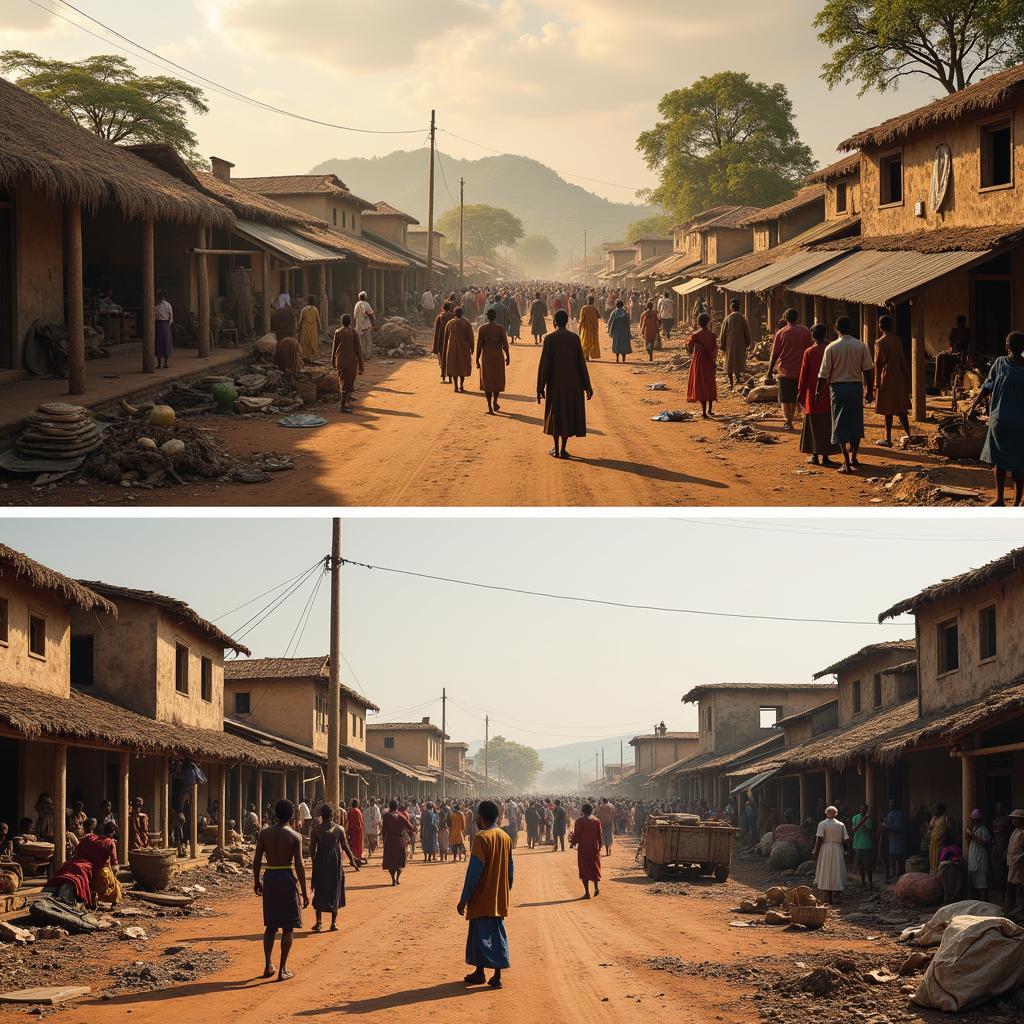South African Presidents List: From Mandela to Ramaphosa
South Africa has had a fascinating political journey, with a diverse range of leaders shaping the nation’s destiny. This article will delve into the history of South African presidents, examining their roles, achievements, and the challenges they faced.
The First President: Nelson Mandela
Nelson Mandela, affectionately known as Madiba, became South Africa’s first black president in 1994. He played a pivotal role in dismantling apartheid, a brutal system of racial segregation and discrimination that had plagued the nation for decades. Mandela’s unwavering commitment to democracy and social justice paved the way for a new era of peace and reconciliation.
“Nelson Mandela was a true symbol of hope and resilience, inspiring millions around the world with his fight against injustice,” says Dr. Sarah Jackson, a renowned historian specializing in South African politics.
Mandela served one term as president, focusing on establishing a new constitution, fostering unity among diverse communities, and laying the groundwork for a prosperous future. His legacy continues to inspire generations, both within South Africa and globally.
Post-Apartheid Leaders: From Mbeki to Zuma
Following Mandela’s presidency, Thabo Mbeki took the reins in 1999. His leadership saw continued economic growth and the implementation of important social programs. However, his policies on HIV/AIDS sparked controversy and contributed to his eventual resignation in 2008.
“Mbeki’s legacy is a complex one, marked by both successes and failures,” notes Professor John Smith, a leading expert on South African history. “His economic reforms were significant, but his response to the HIV/AIDS crisis remains a subject of debate.”
Kgalema Motlanthe served as interim president for a brief period before Jacob Zuma took over in 2009. Zuma’s tenure was marked by corruption scandals, economic instability, and political turmoil. Despite facing numerous challenges, he was re-elected in 2014. However, his presidency was plagued by allegations of corruption, leading to his resignation in 2018.
Cyril Ramaphosa: The Current President
Cyril Ramaphosa was elected president in 2018, promising to combat corruption, revitalize the economy, and address the social ills that continue to plague South Africa. His presidency has seen some progress in these areas, but the nation faces significant challenges, including high unemployment, poverty, and inequality.
“Ramaphosa has inherited a complex situation, with a legacy of corruption and economic instability,” explains Dr. Emily Brown, a political scientist specializing in South African affairs. “His commitment to tackling these issues is commendable, but the path ahead will be challenging.”
South African Presidents: A Legacy of Change and Challenge
The history of South African presidents reflects the nation’s complex journey, from the dark days of apartheid to the ongoing struggle for social justice, economic prosperity, and political stability. Each president has left their mark, contributing to the nation’s evolution while facing unique challenges and opportunities.
FAQ
1. Who was the first black president of South Africa?
Nelson Mandela was South Africa’s first black president, serving from 1994 to 1999.
2. What challenges did Nelson Mandela face as president?
Mandela faced the daunting task of dismantling apartheid, fostering unity among diverse communities, and rebuilding a nation ravaged by decades of racial segregation.
3. What was Thabo Mbeki’s main focus as president?
Mbeki focused on economic growth and implemented important social programs. However, his controversial policies on HIV/AIDS led to his resignation in 2008.
4. Why was Jacob Zuma’s presidency marked by controversy?
Zuma’s presidency was riddled with allegations of corruption, economic instability, and political turmoil. These issues ultimately led to his resignation in 2018.
5. What are Cyril Ramaphosa’s key challenges as president?
Ramaphosa faces the daunting task of tackling corruption, revitalizing the economy, and addressing social ills such as high unemployment, poverty, and inequality.



